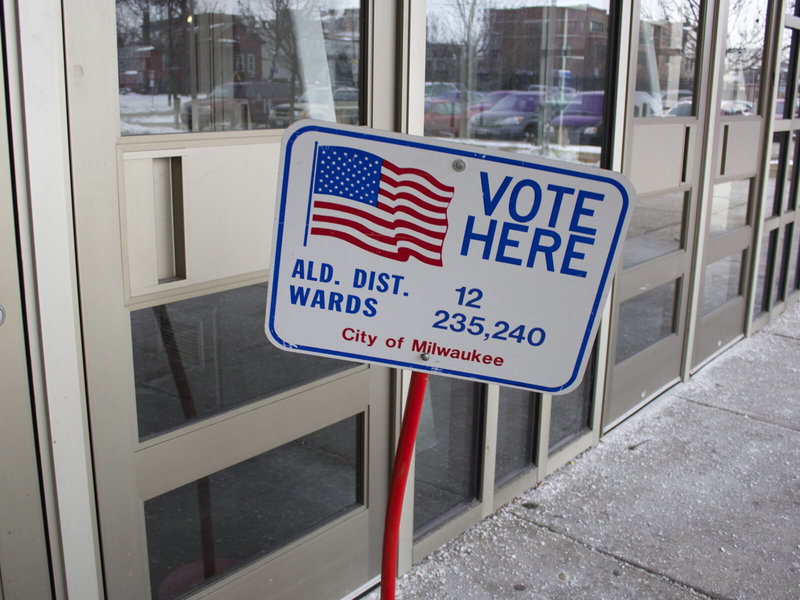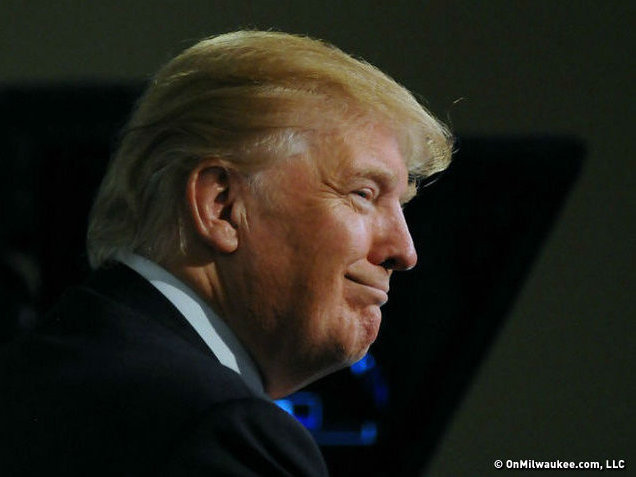The upcoming November election is the first presidential face-off since Wisconsin instituted a controversial voter ID law considered one of the most restrictive in the nation.
Looking to determine the effects of the new law – especially on minority voters and students – the Dane County Board approved a contract with UW-Madison on a comprehensive study of the 2016 election.
"This study will move us past speculation and into hard facts," said Supervisor Jeff Pertl of Madison, the primary sponsor of the study resolution approved by the County Board at its meeting earlier this month. "The county is responsible for running elections. We need to know if and how voter ID is having an impact, so we can ensure every eligible voter has the chance to cast a ballot."
The study will use a mix of mailed surveys, phone calls, and email to contact registered voters in Dane and Milwaukee counties who don’t cast ballots on Nov. 8. UW-Madison and UW-Milwaukee students will be contacted via email about their voting experiences.
"The goal is to understand how recent changes in election practices will affect turnout," said UW-Madison political science professor Ken Mayer.
With the help of graduate students, the university will launch the email survey immediately after the Nov. 8 election and start the paper mail portion in January. It hopes to have an initial report ready by August 2017.
The County Board added funds for the Dane County Clerk’s office to cover most costs of the $44,000 study, which includes expenses for a call center, mailing and printing. The Milwaukee County Clerk has also pledged financial support for the study. Respondents to the paper mail survey will receive a $2 cash incentive for participating.
County Clerk Scott McDonell says it is money well spent considering only "anecdotal evidence exists to quantify the effects on voting behavior and the conceptions or misconceptions of voters trying to navigate a slew of new legislative changes."
McDonell says he got the idea for a Wisconsin study after reading the results of a recent survey in Texas that showed widespread misunderstanding of voter ID changes in that state.
"It showed that confusion about the law caused more people to stay home than the actual law itself," he said.
In fact, the Texas survey found that two of three people who didn’t cast ballots and said a lack of identification was the primary reason actually had the proper ID but failed to cast ballots anyway.
Given the numerous back and forth court rulings on Wisconsin’s new voting rules, McDonell fears similar confusion in this state. The study will also look at the impact of changes in voting hours and absentee balloting, which also have been challenged in court.
The study is designed to help clerks identify effective approaches to voter outreach and increase participation in future elections.
Mayer said the presidential election is the best time to measure the impact of the voter ID laws since statewide turnout is historically 66 percent compared to 47 in so-called "off-year" elections.
"The presidential elections tend to bring out more marginally connected voters who are likely to be the most strongly affected by changes in voting practices," he said.
The mail portion of the study will select a statistical sampling of those who have voted in the past but did not cast ballots this time. It will put added emphasis on neighborhoods with higher numbers of minority voters to gauge the impact on that demographic.







